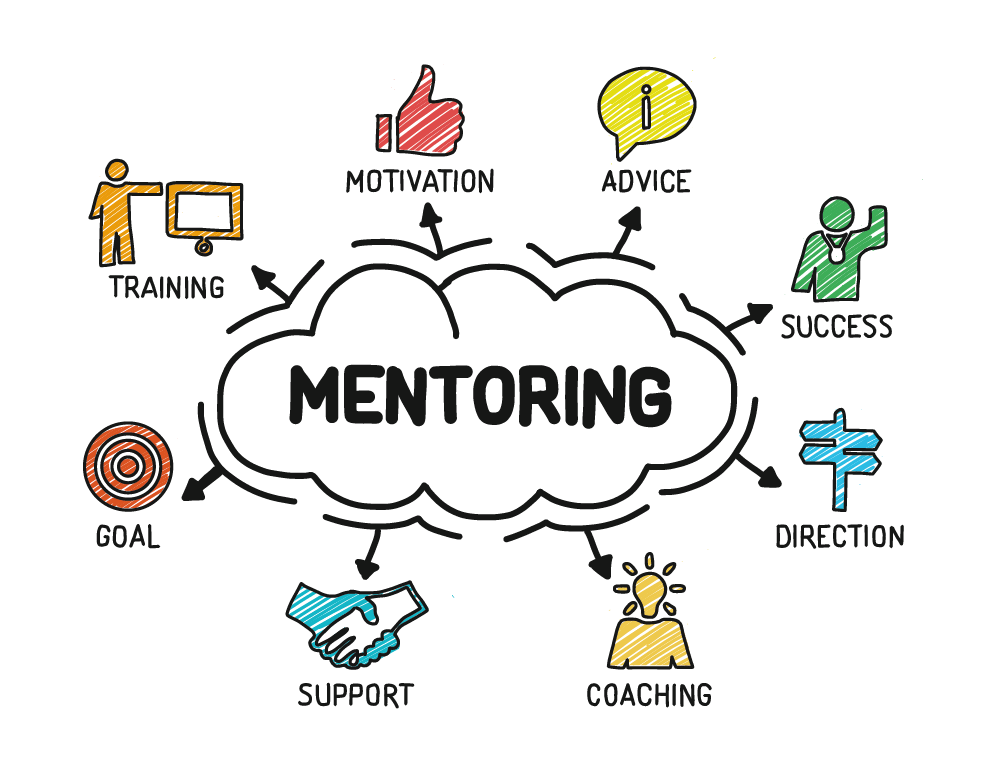Back to: Phase 1: Gathering the Team
Be a mentor, find a mentor
"Mentoring is an indispensable aspect of successful collaboration. When embarking on a collaborative effort for the first time, or as your collaboration evolves into a highly integrated and diverse team, being or having a good mentor can help. No matter how reflective you may be, there are limits to what you can achieve on your own. Having another person help with the process of self-reflection can be enormously important in research, a mentor can play that role.
"Being a mentor
"Leading a successful research team extends beyond supervising and managing. It extends to the role of mentors: being someone who recognizes the strengths of each team member and identifies areas in which newer scientists have the greatest potential to grow.
"Mentors can exist at every career stage and help others learn the nuances of the research, unravel and handle the politics of the organization and/or the discipline, develop scientific and other skills in various areas, and create strategies for successful collaborative interactions. Great mentors can help you achieve success along your chosen career path through assisting with networking, identifying opportunities, and tackling complex scientific situations or questions by assembling the right resources and sharing the formative successes and failures they faced along the way.
"Seeking a mentor
"Regardless of your career stage, mentors can serve as a sounding board as you work your way through a maze of issues, challenges, and opportunities. If you do not have a mentor, consider seeking out and identifying an individual who would be a strong mentor for you. Mentors do not even need to know they are serving as a mentor to you. Sometimes just by observing someone you respect and admire in a meeting or interacting with others, you can take away powerful lessons learned.

"A good match is important
"Before you enter a mentoring relationship with someone else, take time to discuss the goals and expectations you both have. Try to figure out if it will be a good fit.
"Questions for Mentors:
- What qualities in a mentee will bring about the best qualities in you as a mentor?
- What four characteristics define you best in the role of a mentor?
- What kind of mentoring arrangement do you prefer?
"Questions for Mentees:
- What do you want out of a mentoring relationship?
- What goals have you set for yourself? Short term? Long term?
- How do you learn best?
- How do you like to be challenged?
- What kind of mentoring arrangements do you prefer?"
Quoted from pages 24-25 in Bennett, L. M., Gadlin, H., Marchand, C. (2018). Collaboration and Team Science Field Guide. 2nd edn., National Institutes of Health Publication No. 18-7660, National Cancer Institute, Bethesda, United States of America.
This material was written in the context of team science. Our emphasis is broader. Therefore we substituted "scholarship" or "research" for "science" in the text. We left the title of the manuscript quoted as Team Science so it can be found.
